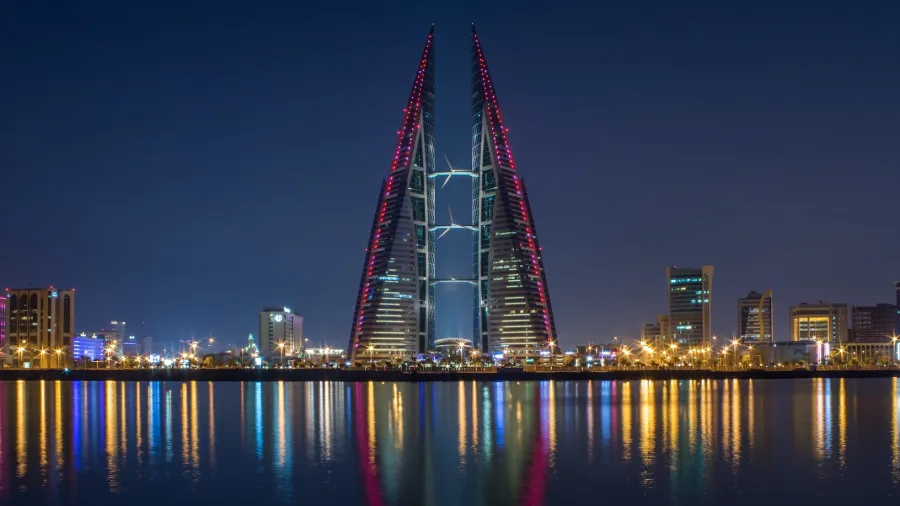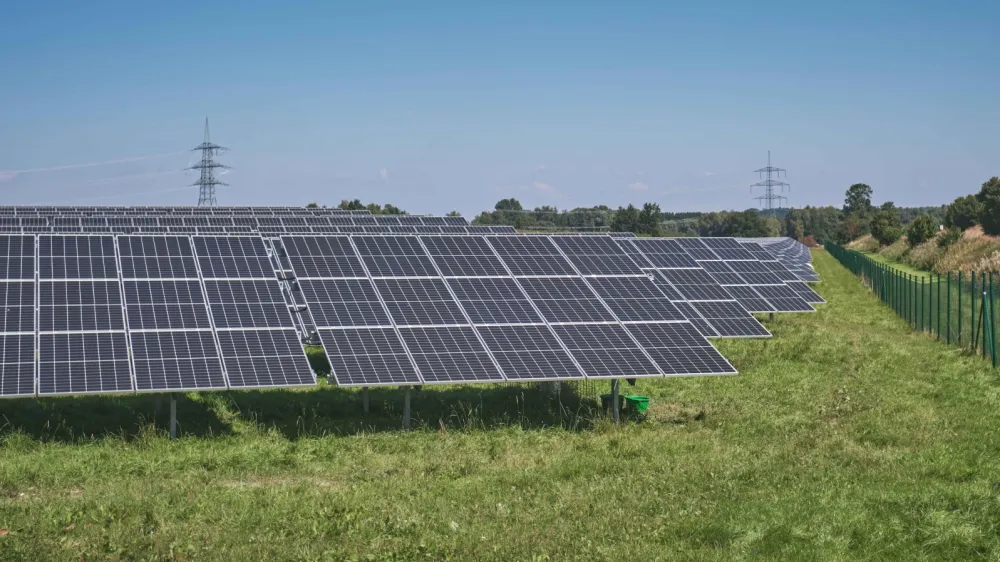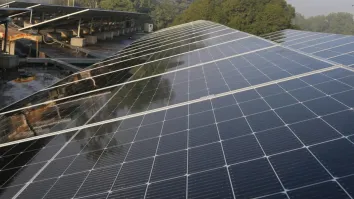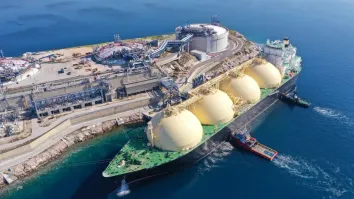
Bahrain unveils National Energy Strategy for 2060 net-zero emissions
The plan prioritises a 30% reduction in emissions by 2035 and net-zero emissions by 2060.
Bahrain has introduced its National Energy Strategy as a steadfast pathway to achieving climate targets and decarbonisation of the economy.
The plan will derive from the goals set during COP26 which includes a target of a 30% reduction in emissions by 2035 to allow net-zero emissions by 2060. It will serve as one of its six priority sector strategies from the Kingdom’s Economic Recovery Plan.
The Kingdom has invested more in partnerships with industry leaders to deal with decarbonisation, regulations, and other industry-led initiatives. Through collaborations with government and industry figures, Bahrain can harness its resources for elaborate planning on skills requirements, infrastructure, and other issues.
ALSO READ: What Australia needs to boost large-scale renewable energy projects
The National Energy Strategy will depend on three levers: the optimisation of energy demand for the reduction of energy consumption, the diversification of the country’s power sources, and the deployment of carbon reduction technologies.
Every lever has considered the geographical size, strategic location, favourable regulatory environment, and agile government of the Kingdom to create a series of initiatives to maximise its environmental advantages and optimise plans for the seamless transition to clean energy.



















 Advertise
Advertise







